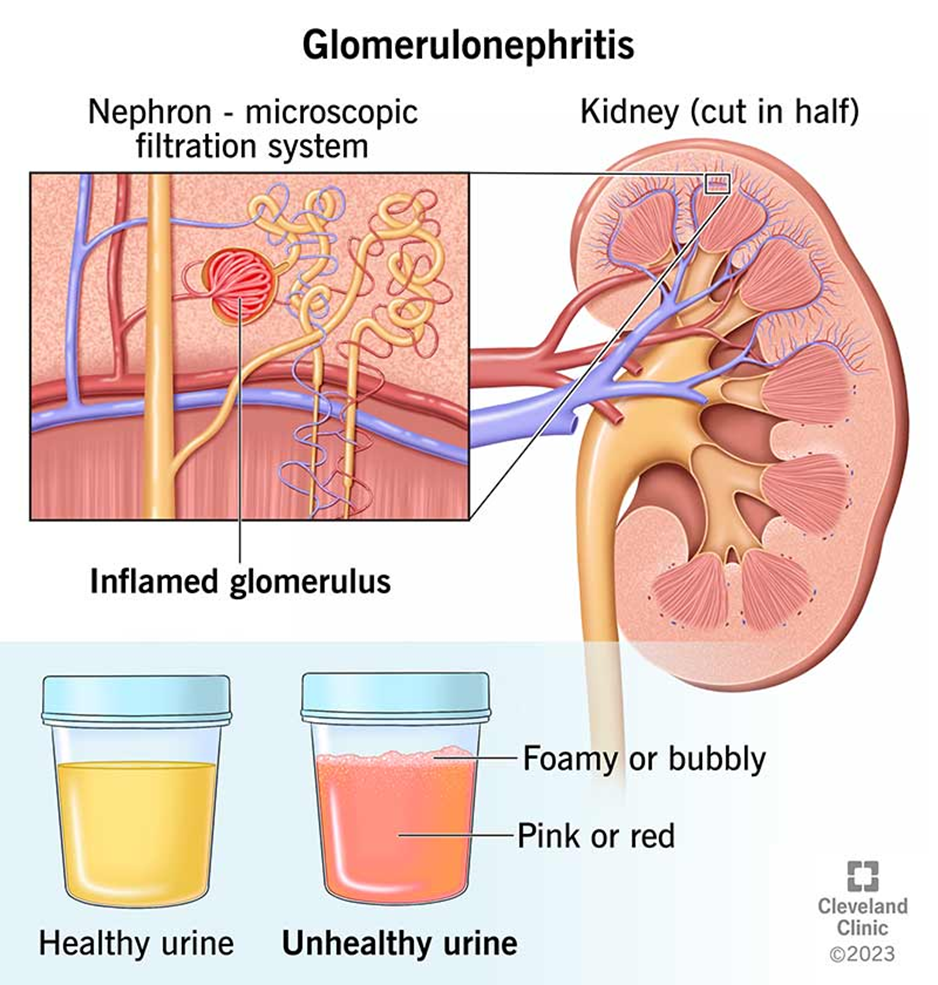Prompt management of hypothyroidism in infancy is necessary because:
The infant can have weight gain
The infant can have rapid gut motility and diarrhea
Infancy is a critical period for brain development
The infant may become hyperactive and irritable
The Correct Answer is C
Choice A reason:
Weight gain is not a primary concern in the management of hypothyroidism in infancy. While hypothyroidism can lead to weight gain due to a slower metabolism, the more critical issue is the impact on brain development. Early and adequate treatment of hypothyroidism is essential to prevent intellectual disabilities and ensure normal neurocognitive outcomes.
Choice B Reason:
Rapid gut motility and diarrhea are not typical symptoms of hypothyroidism. In fact, hypothyroidism is more commonly associated with constipation due to a slower metabolism. Therefore, this choice is not relevant to the prompt management of hypothyroidism in infancy.
Choice C Reason:
Infancy is indeed a critical period for brain development. Untreated hypothyroidism during this time can lead to severe intellectual disabilities and developmental delays. Early diagnosis and treatment with thyroid hormone replacement are crucial to ensure normal brain development and cognitive function.
Choice D Reason:
Hyperactivity and irritability are not common symptoms of hypothyroidism. In fact, hypothyroidism often leads to lethargy and decreased activity levels. Therefore, this choice is not relevant to the prompt management of hypothyroidism in infancy.
Nursing Test Bank
Naxlex Comprehensive Predictor Exams
Related Questions
Correct Answer is B
Explanation
Choice A reason:
Bacteriuria, or the presence of bacteria in the urine, is not typically associated with acute glomerulonephritis. Acute glomerulonephritis is primarily an inflammatory condition affecting the glomeruli of the kidneys, and it does not usually involve bacterial infection. Increased specific gravity can occur due to concentrated urine, but bacteriuria is not a characteristic finding.
Choice B reason:
Hematuria, or blood in the urine, and mild to moderate proteinuria are characteristic findings in acute glomerulonephritis. Hematuria occurs due to inflammation and damage to the glomeruli, allowing red blood cells to pass into the urine. Proteinuria results from the increased permeability of the glomerular basement membrane, allowing proteins to leak into the urine. These findings are key indicators of glomerular inflammation and damage.

Choice C reason:
While proteinuria can be present in acute glomerulonephritis, bacteriuria is not a typical finding. The condition is primarily inflammatory rather than infectious, so the presence of bacteria in the urine is not expected. The focus should be on the inflammatory markers such as hematuria and proteinuria.
Choice D reason:
High levels of proteinuria and decreased specific gravity are not typical findings in acute glomerulonephritis. While proteinuria can occur, it is usually mild to moderate rather than high. Specific gravity may be increased due to concentrated urine, but decreased specific gravity is not a characteristic finding of this condition.
Correct Answer is ["20"]
Explanation
Calculation Steps
Step 1: Determine the child’s weight in kg.
- Weight = 23 kg
Step 2: Determine the time period in hours.
- Time = 60 minutes = 1 hour
Step 3: Calculate the bolus rate in mL/kg/hour.
- Bolus rate (mL/kg/hour) = Total volume (mL) ÷ (Weight × Time)
Step 4: Assume a standard bolus volume for severe dehydration, which is typically 20 mL/kg.
- Total volume = 20 mL/kg × 23 kg = 460 mL
Step 5: Calculate the bolus rate.
- Bolus rate (mL/kg/hour) = 460 mL ÷ (23 kg × 1 hour) = 20 mL/kg/hour
Result
The bolus rate to be given to the severely dehydrated child is 20 mL/kg/hour.
Whether you are a student looking to ace your exams or a practicing nurse seeking to enhance your expertise , our nursing education contents will empower you with the confidence and competence to make a difference in the lives of patients and become a respected leader in the healthcare field.
Visit Naxlex, invest in your future and unlock endless possibilities with our unparalleled nursing education contents today
Report Wrong Answer on the Current Question
Do you disagree with the answer? If yes, what is your expected answer? Explain.
Kindly be descriptive with the issue you are facing.
